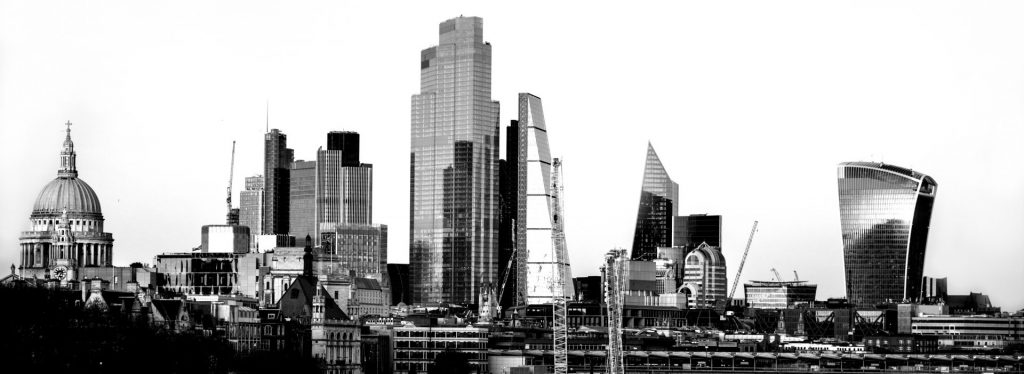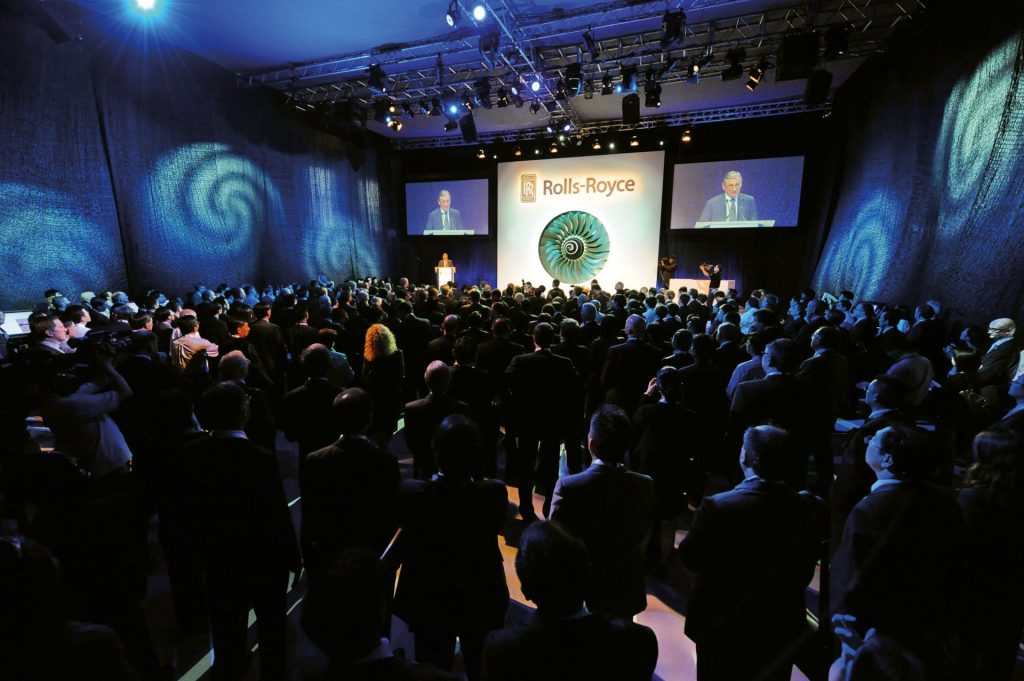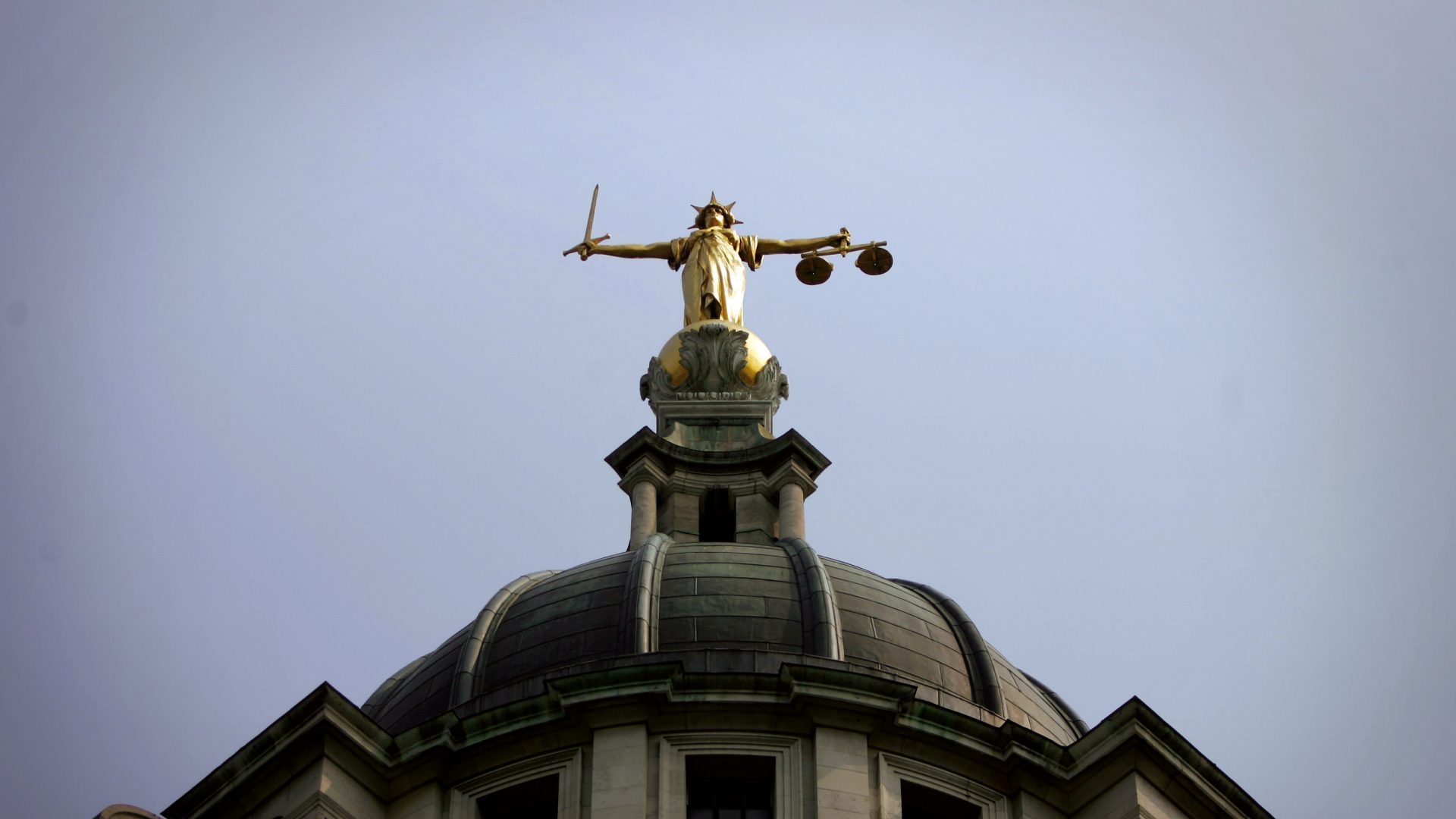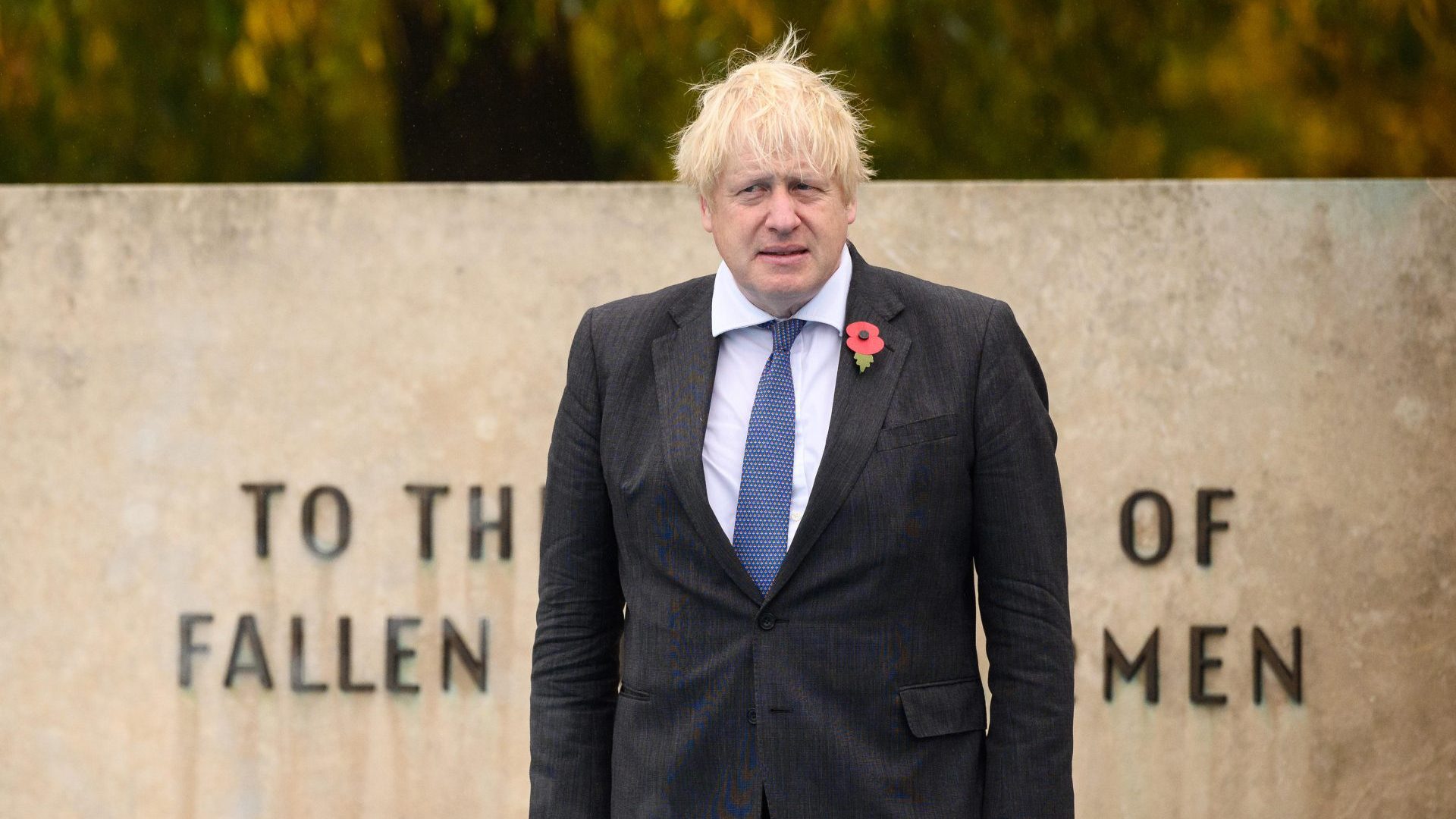For a certain kind of Brexit supporter, the dream has always been to use leaving the EU as an opportunity to relaunch Thatcherism. But this time, there would be no half-measures and no betrayal of the Iron Lady’s real ambition.
In this fantasy, the UK would be set free to slash rules, laws, regulations, taxes, and safeguards. The new killer elite would rise to the top and the country would become a ruthless and ultra-efficient economy which the rest of Europe would look on with such envy that they would soon be demanding similar freedoms and so destroy the EU.
The name of this fantasy is Singapore-on-Thames.
The UK would, the dreamers imagine, become a highly successful, low-tax, high-productivity entrepot off the very coast of Europe. Just like Singapore, it would boom. If Boris Johnson falls, you can expect to hear this argument trotted out by a leadership contender from the ERG camp, probably its former chair Steve Baker.

But the whole fantasy is based on a complete misunderstanding of not only Singapore’s economy, but also the British economy and this country’s relationship with the EU.
Singapore’s economic system is not the free market free-for-all that it appears at first sight. True, taxes are low. With the highest level of income tax reaching a mere 22 per cent, it sounds like a low-tax haven. There is also no capital gains tax, so those with large amounts of money pay little and VAT is just seven per cent.
On the other hand, Singapore is, like all the richest countries in the world, a tax haven for foreign investors and companies. While this may work for small countries such as Singapore, Luxembourg and Monaco, the UK is a huge international economy. Small countries with few resources rely on attracting huge amounts of foreign, and often dodgy, money. Large trading economies don’t.
Also, although income tax is low in Singapore, not many countries have a compulsory savings system on top of taxation as Singapore does.
People have no choice but to save with the Central Provident Fund. It pays for pensions, healthcare and goes towards housing costs. As you might expect, that doesn’t come cheap.
Employers pay an extra 17 per cent of each worker’s wage into the fund and on top of that each worker must save 20 per cent of their wages with the government. And the government invests the money in its pet projects, so Singaporeans have to pay in but have no say on how it is invested.
Which blows quite a hole in the claim that Singapore is a low-tax economy.
But other aspects of Singapore’s economy are also not the Thatcherite dreamland that you might expect.
For a start, the state plays a massive role in the economy because it owns so much of it. Just the six largest state-owned companies make up 17 per cent of the value of the Singapore stock market. The state owns not just airlines, transport, power and property companies, but also media, ports and engineering businesses.
It is strange to think that Brexit supporters are in favour of a massive programme of re-nationalisation or perhaps they just forgot about that aspect of Singapore’s economy.
They also missed the fact that one way the country attracts so much business is it has brilliant infrastructure. Not only its ports and airports, but also its mass transport and internet connections are world-class. There would have to be an enormous amount of spending on infrastructure to make the UK a similar economy.
And don’t mention immigration. Singapore has tightened up the rules recently but attracting foreign talent and money means letting people into the country in huge numbers. Between 1990 and 2000, about two-thirds of Singapore’s population growth came from immigration.
The UK is going to have to really roll out the red carpet to attract that many people and that is not normally very popular with Brexit supporters.
They also seem to have missed out on the fact that 80 per cent of homes in Singapore are publicly built. True, you can buy the property, normally on a 100-year lease, but the state runs the property sector, it owns the land and manages the estates. It also decides how many houses are needed and builds them. It’s as if Brexit supporters want to have four out of every five homes council-owned and managed.
It seems Brexit supporters view Singapore through rose-tinted glasses and just cherry-pick what they consider the appealing aspects, while ignoring the state’s huge role in owning and running key aspects of the economy. But leaving that aside, would it be possible for the UK to become more like Singapore in other respects?
Could the UK become a huge entrepot on the shores of Europe, bringing in raw materials, as Singapore does, and processing and reshipping them around the world?
Well, it might have been possible in the past but not any more, because, not to put too fine a point on it, being part of the EU’s single market is pretty much essential if you want to promote seamless trade across the continent. A pity, therefore, that we left.
Also, in Singapore manufacturing makes up more than 20 per cent of the economy. The Thatcherites seem to forget that it was Margaret Thatcher who decided that manufacturing was not the future and services were. Doubling our manufacturing sector and reversing 40 years of economic change is quite an ask.
What about becoming a haven for foreign investment, going all out to attract business to our shores? Once again, one of the major reasons for firms to base themselves in the UK has been its membership of the EU, which gave companies the chance to produce in the relatively low-paid, low-taxed and low-regulated UK while having seamless access to the whole of the European Economic Area (EEA). Brexit supporters seem to think that by slashing UK standards, cutting pay, making the labour market ever more flexible and cutting business tax, the UK can steal a march on the rest of the continent.

Unfortunately, the UK was already just about the most loosely regulated state in the EU, so the gains of going even further are difficult to see.
In addition, the government has just announced huge increases in employee and employer National Insurance rates and a sharp increase in corporation tax. The exact opposite of what might be expected if Singapore-on-Thames was your aim, but necessary if Covid and Brexit are decimating your tax take.
There is also the elephant in the room: the EU. The Trade and Cooperation Agreement contains “level playing field” provisions. This basically means that the UK must stick with similar, if not identical, standards as the EU or face the consequences, meaning its exports to the EU could face tariffs or even be banned. This alone means being anything like the fantasy Singapore of the Brexit dreamland would be economically suicidal for the UK.
In short, you can undercut the EU as much as you want, but not if you want to sell there.
Of course, for some Brexit supporters this is all part of the fantasy. The UK’s trade with the EU is suffering not because the UK has left but because the EU is dying on its feet and that means the UK will now trade more with Asia as a result. This ignores two key facts. The first is that no one else’s trade with the EU seems to be suffering as much as the UK’s, and the second is that many EU countries trade far more with Asia already than we do. It wasn’t membership of the EU that was holding the UK back.
Then there is geography. Singapore is at the crossroads of Asia, shipping from across this vast region must pass near it and this gives it a huge advantage. An advantage that the UK does not have and therefore cannot use. The UK is not a major shipping destination, and it is not an entry point for the continent of Europe. Why would anyone ship goods or material to the UK’s small ports, then have to load it up again and send it to the EU?
Of the top 20 ports in the world by tonnage, only six are outside the Chinese mainland. One is Australian, two are Korean and the other two are Singapore and Rotterdam. Of the top 50 container ports in the world, seven are in the EU. None are in the UK.
The UK doesn’t get a look in and never will. We are a large, service-based economy outside the EU. We aren’t at anyone’s crossroads, can’t become the gateway to the EU after leaving and we can’t undercut the EU and maintain our trade links with it in their current form.
Singapore-on-Thames is a dream that doesn’t make sense. But then dreams often don’t, which is why using them as a basis for your economic and political development is such a bad idea.




